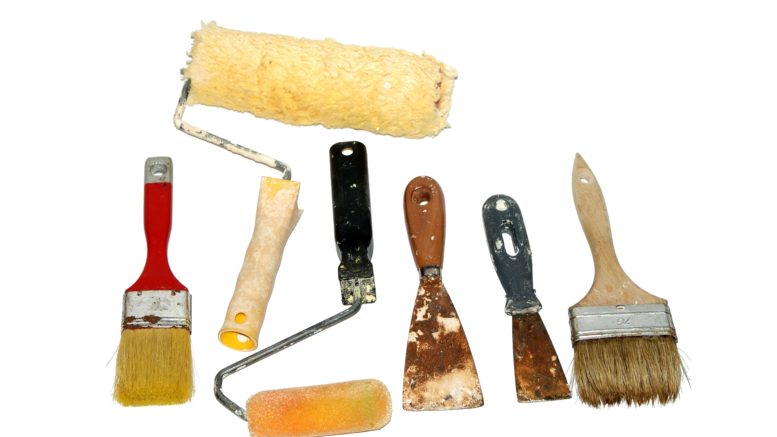Most landlords feel happier if they can do their own remedial work, rather than employ a contractor. Yes, it saves them money, but also ensures works are carried out to a satisfactory standard.
However, there are some things that require a particular skill set or are too time-consuming for a busy landlord to tackle, so you need a contractor.
A landlord I know bought a property with rendering to the front and sides of the property. A tenant moved in and was very happy. But the rendering started to develop a few cracks and there was a small leak to the front bedroom. The landlord decided that as this was a very nice quality property, he would have it re-rendered, to restore the good looks of the property and, in addition, handle the leak.
This landlord had kept the property in very good repair and had made improvements whilst the tenant lived there. When he decided it needed re-rendering, he did not look for the cheapest contractor around. He contacted the people who had made an excellent job of rendering his property.
Unfortunately, they had work booked well into the New Year, but they were able to recommend someone who did work for them. He turned up. He was not so cheap that they had any doubts about his capabilities. He had done a lot of work for the landlord’s contractor which had been excellent. He got the job.
The first thing that raised concern was that he did not turn up on the day he said he would. The landlord rang him, in some concern because he was going on holiday very shortly. It appeared that the contractor had received some very sad news about his mother’s health, but he would turn up the next day. Which he did – at 1.00pm.
Progress seemed a little slow, but after long conversations, the landlord was assured the job would be finished whilst he was away. The landlord left and did what is always recommended – he arranged for someone to stand-in for him, should the tenant have a problem, and also to check on the work.
The job was finished. The representative photographed the work, told the landlord what a nice job it was and told him the contractor would now like the balance of what he was owed. The landlord had paid him a significant sum to start with for the scaffolding but owed a further £2800. A bank transfer was arranged by the landlord from abroad but retaining £500 just as an insurance that the job was completed satisfactorily.
On the face of it, it looked a very nice job. Perhaps a little sanding needed to remove small paint splatters from the brick work, but nothing major. Until, heavy rain the day after the landlord came back prompted a call from the tenant. ‘The water doesn’t seem to be flowing away’.
Like the good landlord he is, as soon as the rain stopped, he went around to investigate. Whilst the rendering may have looked good, the way the contractor had cleaned up after himself left much to be desired. Chunks of render had been dropped down the drains and blocked them, so the water was no longer draining and, had there been substantially more rain, would have flowed onto the path, creating a safety hazard.
This landlord had done everything that could be asked of a cautious man. He had used someone who was recommended; he had someone checking on the work; he had only paid when he thought the work had been done properly. Yet still, he was left with the unpleasant business of clearing the drains, re-fitting the security light and sanding render off brickwork.
Perhaps the landlord would have been better advised to say, ‘do the work after I return from holiday’, because had he been in attendance, he would have been able to see how inadequate the cleaning process was.
Needless to say, the final £500 owed to the contractor remains in the landlords account.
For advice on buy to let issues – General Knowledge








Be the first to comment on "Check and Check Again Before You Pay a Contractor"